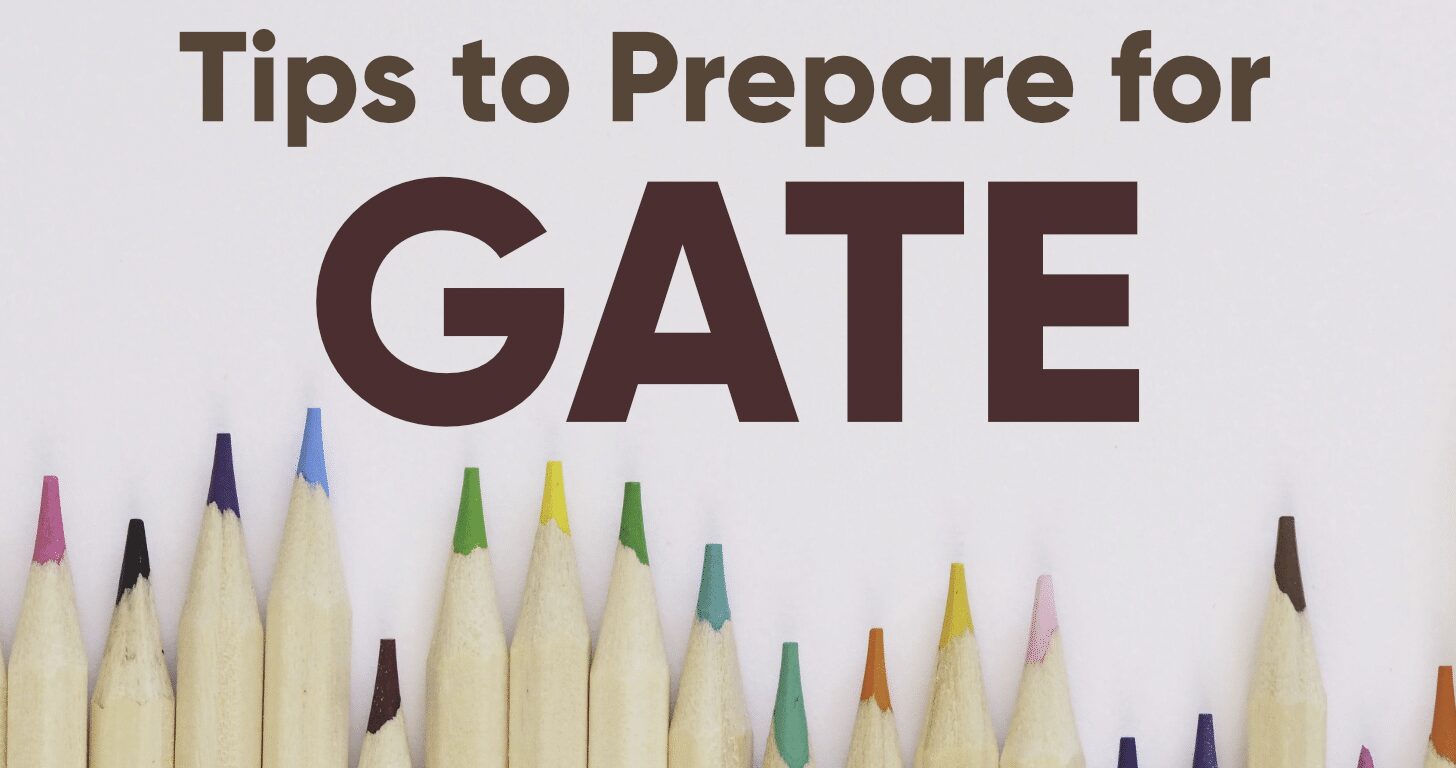Para pendidik dari seluruh negeri berbagi ide-ide terbaik mereka tentang cara membuat siswa merasa dihargai sebagai anggota komunitas sekolah. Kami menyempitkan saran-saran terbaik.
Banyak orang setuju bahwa hal terpenting yang harus diingat saat menentukan prioritas adalah tidak mengkhawatirkan detail terkecil. Pisahkan gandum dari kulitnya. Jangan membesar-besarkan masalah kecil.
Guru-guru yang menjawab pertanyaan media sosial kami baru-baru ini tentang "Bagaimana Anda membuat murid-murid Anda merasa penting?" mengatakan bahwa panduan seperti itu tidak cukup di dalam kelas.

Sudah saatnya menunjukkan rasa cinta kepada mereka! Ada enam saran super-cerdas tentang cara membuat murid merasa dihargai oleh guru berpengalaman dalam catatan di bawah ini:
1. DENGARKAN, BICARAKAN, DAN SUARAKAN PENDAPAT ANDA

Mengesampingkan ketidakmungkinan fisik, para pendidik harus mendengarkan siswa secara aktif. Ajukan pertanyaan tentang kehidupan mereka, tatap mata mereka, dan duduk atau berlutut di samping mereka, direkomendasikan oleh tutor senior di Tiger Campus.
2. CHECK IN DAN CHECK OUT
Para pendidik mengatakan hubungan yang bermakna membutuhkan lebih dari sekadar basa-basi sosial. Dorong wacana yang dinamis selama berminggu-minggu dan berbulan-bulan, ajukan banyak pertanyaan dan tindak lanjuti untuk menunjukkan minat yang tulus.
Bisa berupa pertanyaan yang lucu atau pertanyaan serius seperti 'Apa yang Anda sukai dari diri Anda?' Yang lain menggunakan pendekatan yang lebih santai, sesekali menanyakan tentang saudara kandung, hewan peliharaan, ulang tahun, dan minat siswa. Kuncinya adalah "mengingat hal-hal kecil tentang kehidupan mereka dan kemudian menanyakannya beberapa hari/minggu kemudian." Kirim pesan ke rumah untuk memberi tahu tentang peristiwa yang mengubah hidup dalam keluarga atau untuk memeriksa kesehatan hewan peliharaan.

Karena jumlah anak-anak sangat banyak, maka tidak apa-apa untuk "menyontek," dan mendapatkan kekaguman dari para pendidik yang ahli di bidang tersebut.
3. RESPONSIF
Bila Anda mengenal siswa Anda, Anda dapat menyesuaikan kurikulum dengan minat mereka, menyediakan pilihan penilaian alternatif, dan melakukan pembedaan yang lebih baik pada tingkat individu.

Setiap dua menit, bicaralah dengan setiap anak. Tanyakan kepada mereka bagaimana kehidupan mereka dan hambatan apa yang mereka hadapi. Anda juga dapat menggunakan kuesioner untuk mengumpulkan masalah siswa secara lebih metodis.
Dengan menggunakan wawasan sosial untuk “membangun dan membentuk pengajaran dan suasana kelas Anda berdasarkan minat siswa,”
4. DEMOKRATISKAN OPINI
Sebuah sekolah, seperti organisasi lainnya, dapat secara tidak sengaja mempromosikan sistem kekuasaan yang sewenang-wenang, menciptakan lingkungan yang steril, tidak ramah, atau tidak bersahabat.
Perubahan perspektif dapat mempersonalisasi kelas dan menunjukkan rasa hormat kepada murid. “Bicaralah kepada mereka sebagai manusia” dan “perlakukan mereka sebagai manusia terlebih dahulu, baru murid” diulang puluhan kali selama percakapan.

Sementara itu, melibatkan siswa di kelas dan memberi mereka peran penting menunjukkan bahwa mereka adalah pemilik bersama yang dihormati. Para pendidik mengatakan hal ini berlaku untuk semua tingkatan: Di laboratorium desain sekolah menengah Laura Bradley, siswa berpengalaman yang diminta untuk membantu siswa yang kesulitan "tidak pernah berkata tidak, dan berjalan kembali ke tempat duduk mereka dengan sedikit lebih tegak"; dan Anda dapat "memberi siswa pekerjaan di kelas pada tingkat sekolah menengah atas sehingga mereka merasa menjadi bagian penting dari masyarakat".
5. KETAHUI KAPAN HARUS MUNDUR
Banyak sekolah yang tidak setuju dengan hal ini, tetapi seharusnya tidak demikian. Tidak apa-apa untuk mengabaikan pelajaran dan mengamati bahasa tubuh setiap orang. Guru perlu diizinkan untuk menggunakan kebijaksanaan dalam batas kewajaran tanpa takut akan hukuman dari rekan kerja atau administrator.









